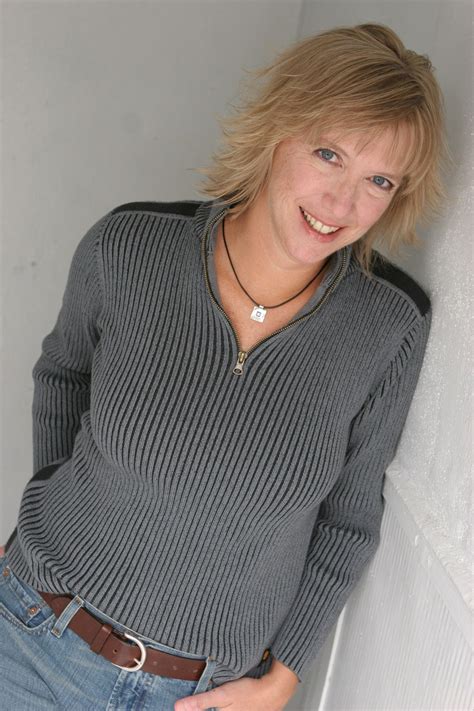A Quote by Rebecca Solnit
Before writers are writers they are readers, living in books, through books, in the lives of others that are also the heads of others, in that act that is so intimate and yet so alone.
Related Quotes
Like most writers, we like to find what we know and pass it along to anyone who cares. When that's done, as soon as we've said the best we can say, there's nothing else about us that's remotely interesting to anybody else, and we go back behind the walls. We can be intimate in books, we can be intimate in talks, but then we need time to be alone.
The reason some crime writers have a chip on their shoulder about the label is because their good books are shelved beside books about nuns and birdwatchers and cats who solve crimes. Overseas, my books are reviewed alongside those of authors like Robert Stone and Don DeLillo, and I have to live and die by that comparison. They don't ghettoize crime writers in other countries, and of course they shouldn't.
I love the fact that so many of my readers are intelligent, exceptional, accomplished people with an open-minded love of diversity. But even more than that, I love it when my readers find lasting friendship with others of my readers - knowing that they met through their mutual affection for my books and characters makes me happy!
It's not a matter of whether the reviews of your books are good or bad, it's about being taken seriously, both as a woman writer and as a writer of color. Also, it worries me when people point to a couple of women writers or writers of color who get some attention - and I am sometimes pulled into that category - to prove that others are getting a fair shot. It's like those people who keep saying that racism no longer exists in this country because Barack Obama was a President of the United States.
I have a total responsibility to the reader. The reader has to trust me and never feel betrayed. There's a double standard between writers and readers. Readers can be unfaithful to writers anytime they like, but writers must never ever be unfaithful to the readers. And it's appropriate, because the writer is getting paid and the reader isn't.






































